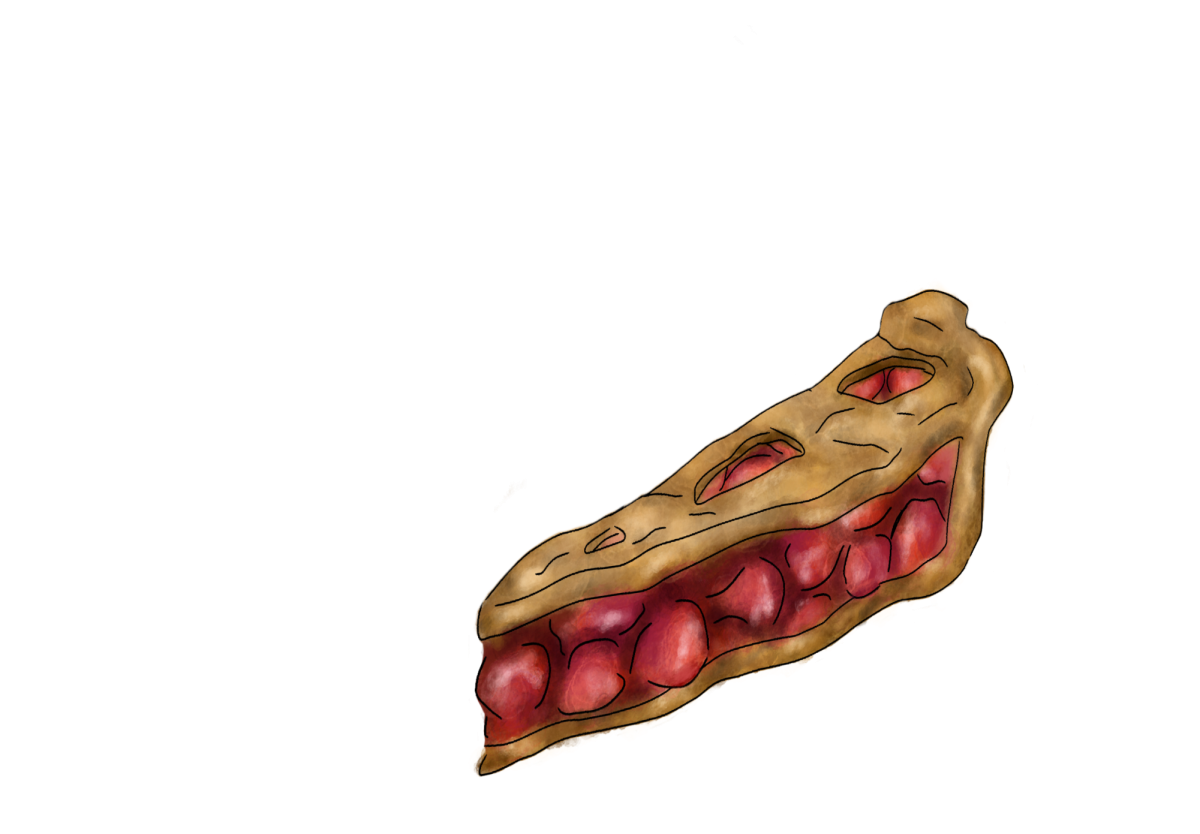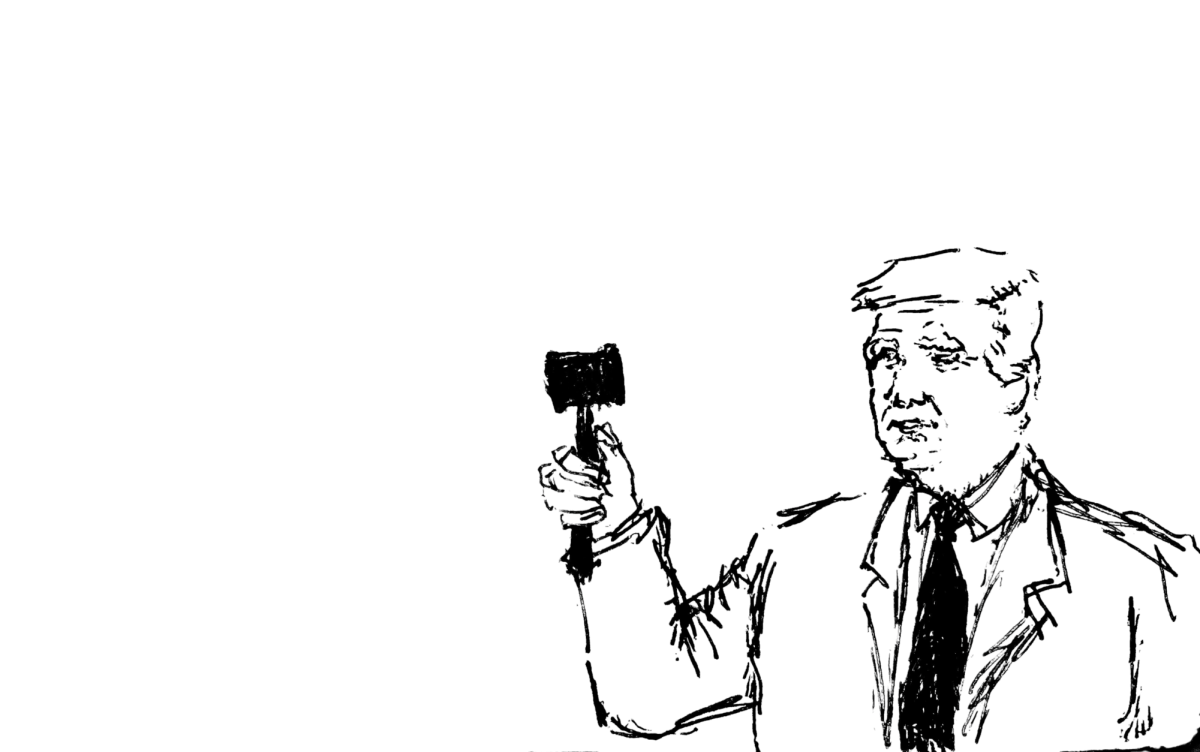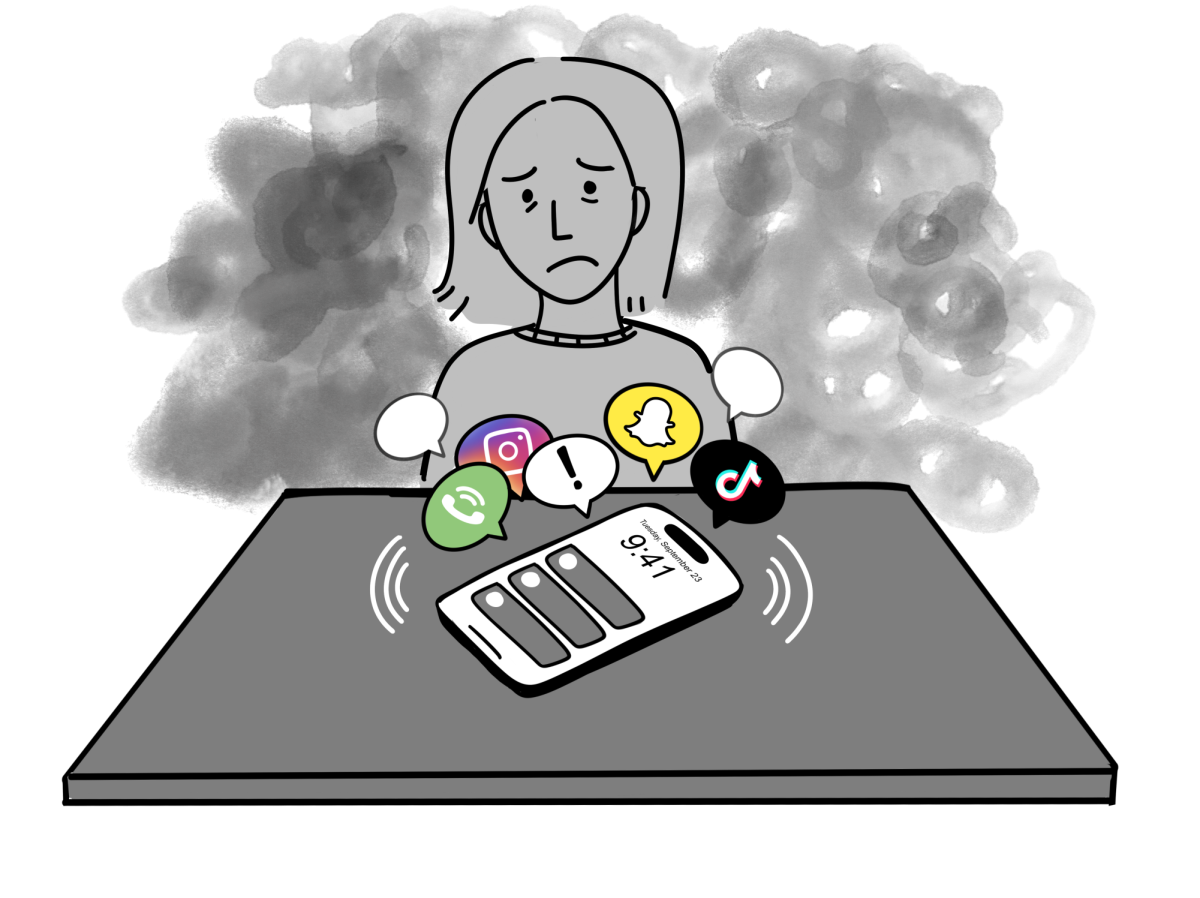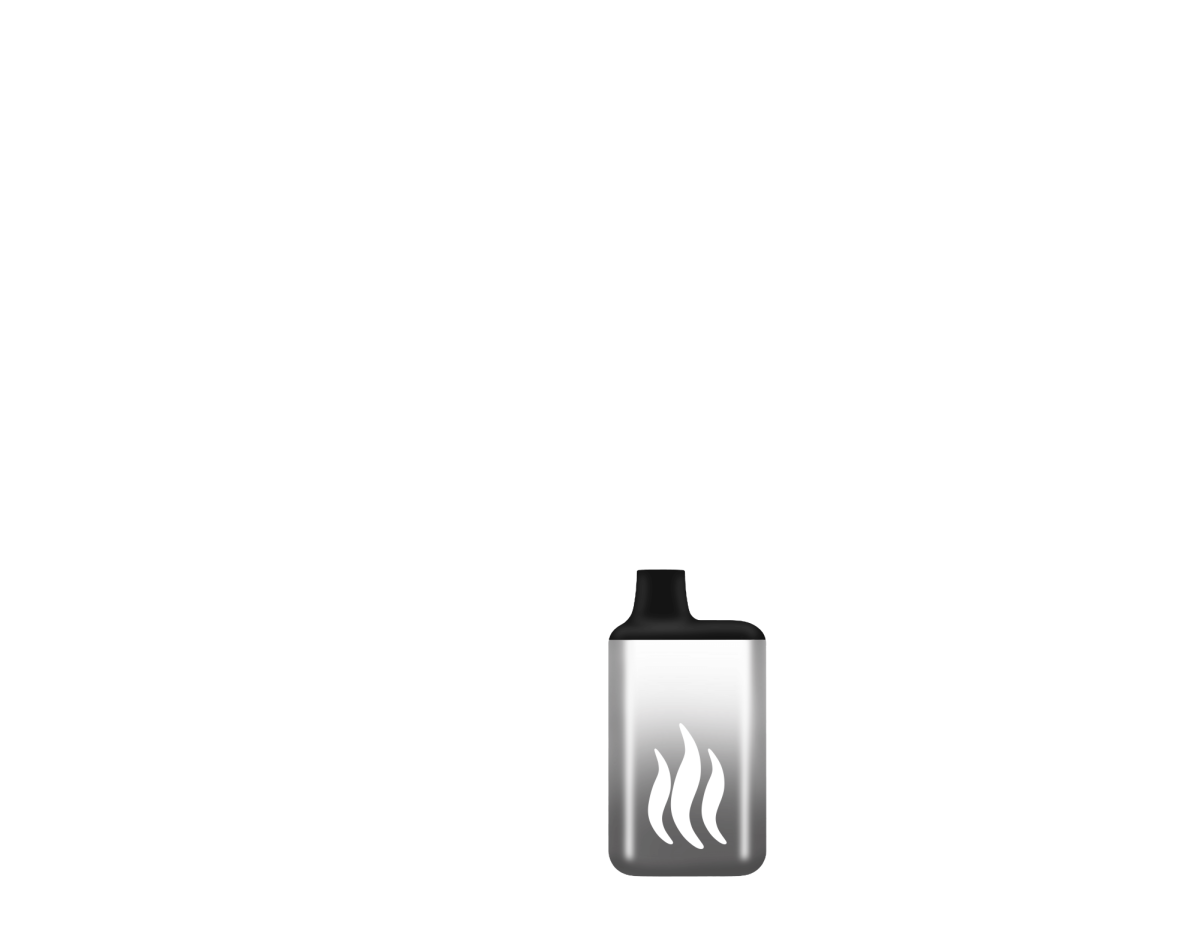
“High school is the best days of our lives,” or so they say. But are they? How much of what we do is consumed by the thought of “Will colleges like this? Will this lead me to the right place after I graduate?” High school, particularly at Lower Merion, has gradually shifted its focus from the present to the future. Today, a student’s goals in school are less about a fulfilling experience but more about checking the boxes and building a resume. High school has essentially turned into a waiting room, a race, if you will, to accumulate the highest GPA possible while juggling numerous time-consuming extracurriculars. The goal is to craft the most well-rounded resume, all in an effort to market yourself to the highest bidder. Four years of relentless work, all of which is funneled into a brief evaluation by one admissions officer, who must assess the entirety of a student’s academic and extracurricular efforts in a matter of minutes. Students often find themselves in a continuous state of anticipation, constantly riddled with anxiety. It’s an endless cycle of looking for the next step, next test, next presentation, next essay. In the process, the present—our friendships and personal interests—becomes entirely overshadowed by the pressure to perform and conform. This is evident in the growing need to meet external expectations, which only intensifies the pressure students feel. It’s no longer just about grades; it’s about securing a place in a system that values compliance far more than individuality.
While it is true that high school is the time to build a strong academic foundation, it’s easy to get lost in the ideology that every moment must serve a bigger purpose. Is this right? Are we a more driven and focused generation? From the moment we wake up to when we go to bed, how much of our time is truly for ourselves, and how much is spent preparing for the next chapter of our lives? Given this, it is crucial to consider the possibility that high school shouldn’t only serve as a time for students to perform. In the midst of academic rigor, personal interests often fall to the bottom of the list in terms of students priorities. Hobbies, side projects, or simply enjoying a lazy afternoon can seem like indulgences rather than necessary parts of a well-rounded life. As daily workloads become more demanding, students often find themselves sacrificing rest in order to finish their work. However, neglecting sleep, or even forsaking a simple break from cognitive thinking will effectively diminish other aspects of life. When spending time to properly rest, students are able to maintain the fragile balance that is key in navigating busy schedules. An inappropriate amount of sleep will depreciate academic performance, erode emotional regulation, impair stamina, and decrease productivity. With the growing weight upon students’ shoulders, rest becomes essential to a daily routine.
Aside from rest, we must also begin to consider what truly matters in terms of shaping a fulfilling life for students and their futures. How many aspiring musicians, artists, performers, or athletes have achieved their ranks by limiting themselves to what seems more practical for future success? In the rush to create the most appealing profile, we have lost sight of nurturing creativity and the pursuit of happiness. AP and honors courses, the SAT and ACT, all serve as typical markers for students’ academic careers that have created a one-sided view of what “success” looks like. The ultimate goal of high school should not be to create padding for one’s resume, but for finding the passions that can sustain us through life’s ups and downs. Many students are conditioned to view college as the only viable option towards a successful career and bright future, but in doing so, they miss out on the paths that become equally as valuable. These other paths, created by hobbies, are the very source of alternative work fields. Hobbies, being something that students take time out of their day to willfully participate in, kindle joy and create a sense of accomplishment. These hobbies can spark fires that open doorways towards new opportunities, leading to new careers. The emphasis on these conventional milestones might be narrowing students’ perspectives upon seeking alternate opportunities that could lead to more meaningful or fulfilling futures.
Alarming rates of mental health issues among high school students are also no secret to the public eye. The current education system, centered around a focus for external validation, is the outlying cause of this. Daniel Pink, a bestselling New York Times author depicts this nuance in his book entitled Drive. This book argues that the current focus on grades and extrinsic rewards compromises students’ work. It argues that the educational system instills a mindset among students that leads them to prioritize performance over actual knowledge. Students feel that they are not allowed to make mistakes, not allowed to make the wrong decision, not allowed to fail. This promotes an environment in which self-worth becomes dangerously tied to performance. Are we preparing for students to succeed in life, or simply survive it? If we were to redirect our focus toward the evolution of students over their resumes, we create conditions where genuine passion can prevail over these superficial achievements.
When students are given the opportunity to invest in themselves, their individuality has the potential to emerge, allowing them to leave high school with a broadened perspective towards their future. A perfectly curated portfolio of accomplishments should not be the goal at the end of high school, but rather the person that they have become—well-rounded, self aware, and mentally healthy. Regardless of what society deems as the right path, a student’s path should be defined solely by what students want it to look like. It is essential to highlight the dangers of prioritizing external validation over personal growth as well as the importance of nurturing personal passions and mental health. Success should not be measured by merely grades, awards, and acceptance letters but instead by the tangible growth of a student’s character, skills, and emotional well-being—qualities that form a foundation for a truly purposeful life.





